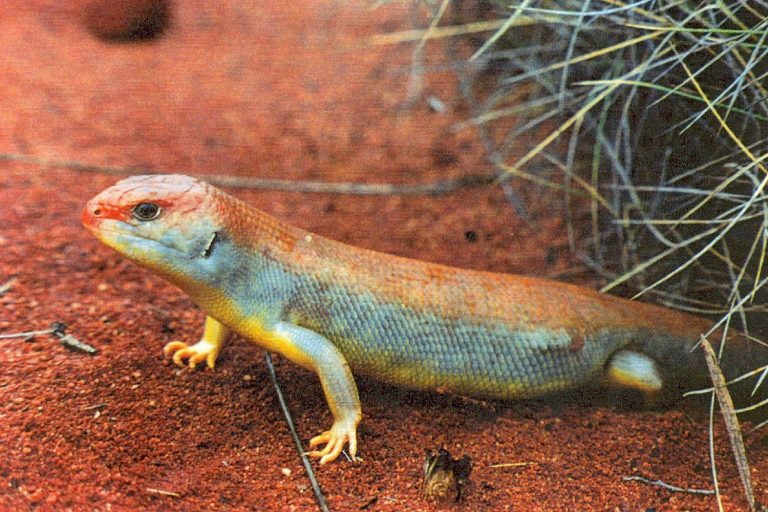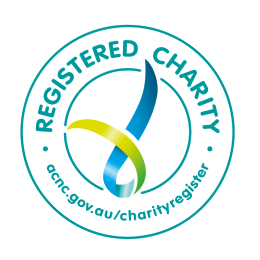Keeping Aṉangu law and culture strong at Uluṟu-Kata Tjuṯa National Park, NT
Uluṟu-Kata Tjuṯa National Park (UKNP) is owned by the Aṉangu people and leased to Parks Australia who manage the park in collaboration with the Traditional Owners. The National Parks Conservation Trust is proud to be working with the Traditional Owners and Parks Australia to keep Aṉangu law and culture strong in the park.
This project will empower Traditional Owners to reinforce how Tjukurpa (Aṉangu law) and language holds a large and important place in conserving the natural and cultural values of the park.
A new Uluṟu-Kata Tjuṯa National Park Plan of Management for 2020-2030 has been prepared. This plan is an important reference and guiding document for Parks Australia staff and Aṉangu but is around 150 pages long and written in English.
Pitjantjatjara and Yankunytjatjara are the main languages spoken by the Anangu who live and work at Uluṟu-Kata Tjuṯa National Park. This project will create a digital storybook for Aṉangu people to communicate the new management plan. It will be spoken by Aṉangu in Pitjantjara with English subtitles.
This project is a high priority for the Uluṟu-Kata Tjuṯa National Park Board of Management. The Chairman of the Board, Mr Sidney James conducts board meetings in Pitjantjatjara with the aid of an interpreter. Mr James can speak English, but he finds he can speak more strongly and clearly in language.
“The POM is a large English document, we have had sessions to help us understand this but feel this digital storybook would help us better understand and help us make better decisions, decisions that are true to the POM.
You need to go outside, talk in language on these videos, show the kids the bush tucker, go on country and talk.
It is also good for staff and people to hear our language, learn and know our language.”
Similar digital storybooks have been created for the Southern and Northern Tanami Indigenous Protected Areas and were developed by the Central Land Council in conjunction with traditional owners. The Central Land Council is supporting this project through sharing the templates used for these websites. They have also created a “How to create a digital storybook” manual, which will help ensure the success of this project.
Creation of the digital storybook will provide employment and learning opportunities for Aṉangu people to lead, create and be central to the delivery of this resource. A community-based film-making enterprise will be contracted to deliver multimedia content. The film enterprise will work with local traditional owners and support the Aṉangu community to learn about film production. A local interpreter and an Aṉangu malpa (mentor) for the project manager will also be employed.
A traditional language version of the management plan will allow the Aṉangu people to more successfully engage with the park management plan and contribute to its implementation. It would also provide a significant opportunity to celebrate and strengthen the importance of traditional language, law and culture for the Aṉangu community.
The project will strengthen joint management of Uluṟu-Kata Tjuṯa National Park, through:
- support for working and make effective decisions together as equals, using Anangu and Piranpa (non-indigneous) knowledge and skills;
- protecting and maintaining strong Tjukurpa, culture and country;
- building livelihoods and other benefits for Aṉangu, particularly young Aṉangu; and
- assist with providing fulfilling experiences based on culture and nature that benefit Aṉangu, who welcome visitors to the Park as their guests.
The Department of Agriculture, Water and the Environment and Parks Australia have committed significant resources to this project and the Parks Trust is seeking additional partners to complete funding.
We look forward to updating you on the creation of the project team, ongoing consultation with traditional owners and the engagement of the Aṉangu people as the project progresses.



